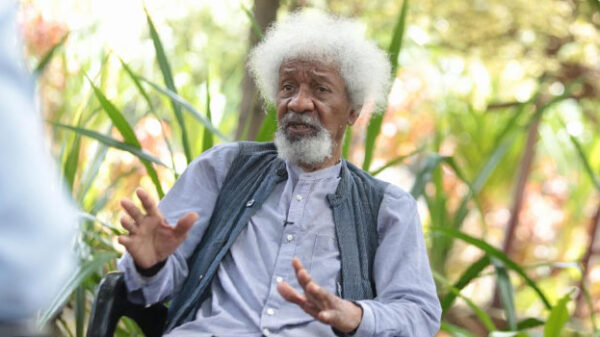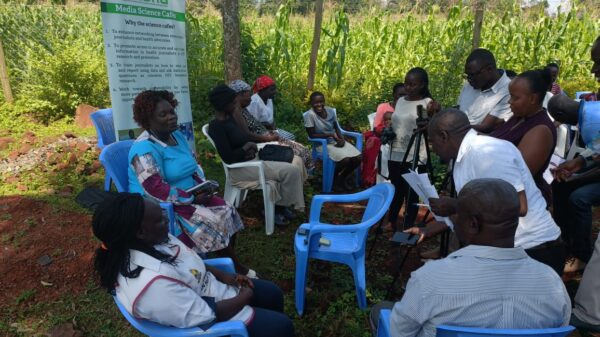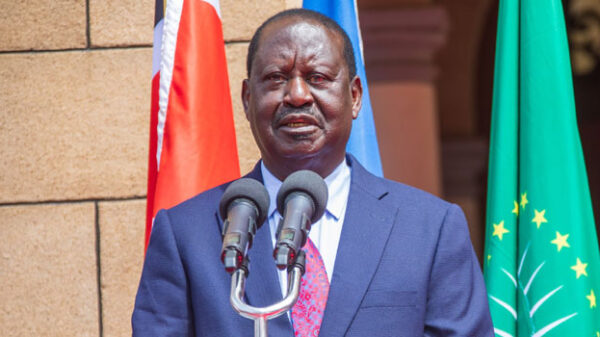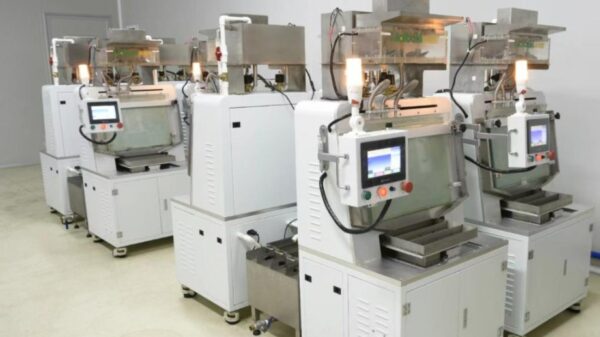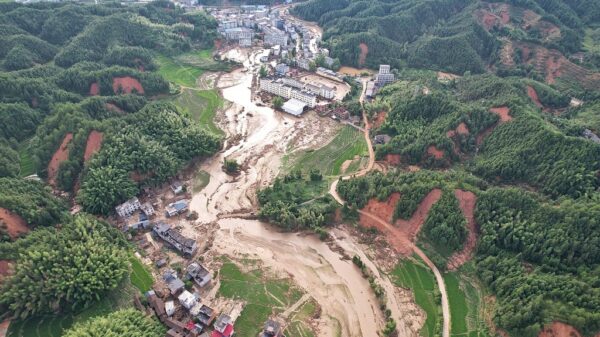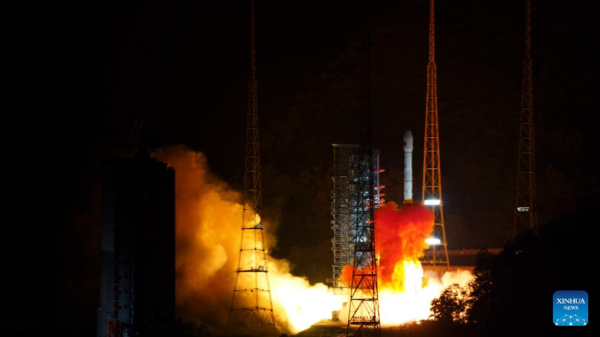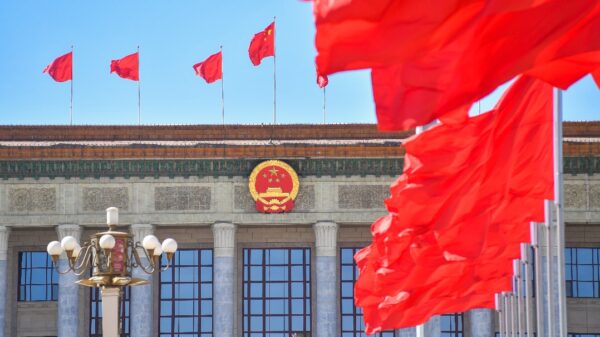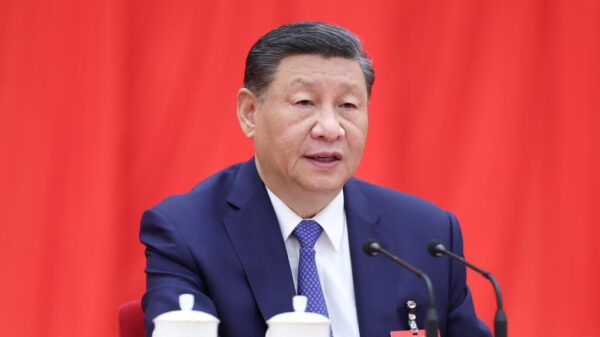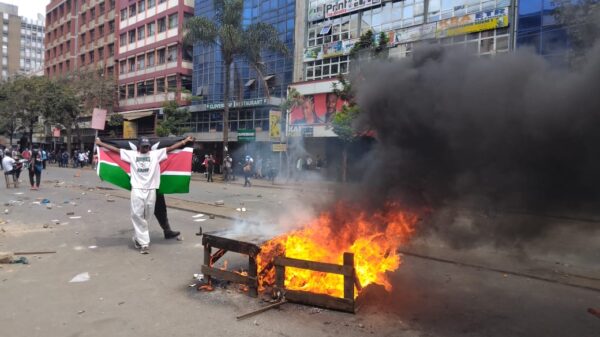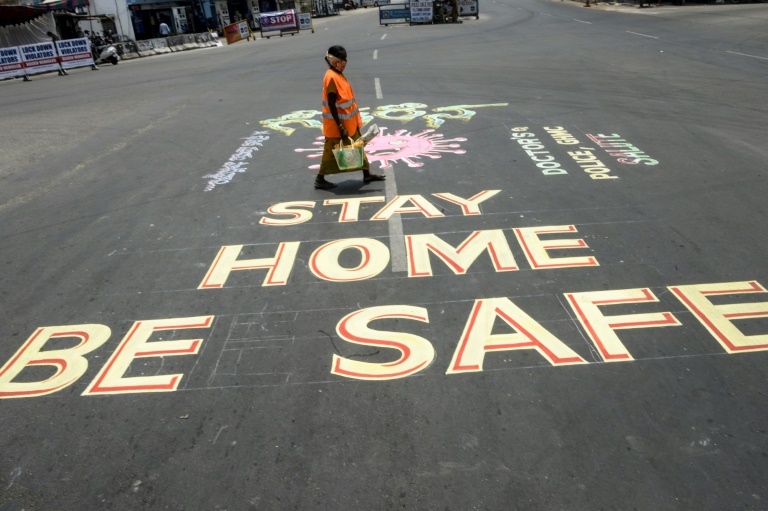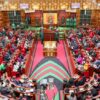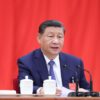As the COVID-19 pandemic sweeps across the World, the government is working hard to ensure Kenya’s cases do not skyrocket to monumental levels like what has been reported in countries like the US, Spain, Italy, and the United Kingdom. Medical and public health experts continue to warn us that if social distancing and other preventive measures are not sustained, COVID-19 infections could escalate exponentially, with deadly consequences.
Although the COVID-19 tally in Kenya so far remains far below the official projections of 5,000 cases by mid-April, we must upscale efforts to tame the pandemic.
Many Kenyans continue to abide by public health guidelines like social distancing, regularly washing hands and wearing masks. This notwithstanding, compliance in informal settlements, market places, and other crowded settings should be escalated to decrease the chances of community transmission of the virus.
The containment measures in force in the four counties with the highest infections – Nairobi, Mombasa, Kilifi, Kwale – will hopefully slow the transmission of COVID-19 to other parts of the country. The proposed targeted mass testing will give a clearer picture of the real situation on the ground thus informing more effective responses and outcomes.
All said sustained preventive measures will save many lives. Prevention is the first pillar in a four-pronged strategy underpinning Kenya’s resilience to COVID-19.
The other three pillars we must also focus on are financial resource mobilization, building local manufacturing capacity and protecting vulnerable groups.
Mobilizing adequate financial resources is crucial to supporting short-term interventions while easing pressure on the Exchequer. COVID-19 requires emergency funding on an unprecedented scale. This demands collaboration between the state, the private and civil sectors.
This is already happening through the Kenya COVID-19 Emergency Response Fund, a joint government-private sector initiative, which has so far raised over Sh1 billion to assist vulnerable groups. But as President Uhuru Kenyatta has directed, the Fund needs to be innovative and responsive to the evolving circumstances so as to effectively fulfill its mandate.
In addition, the country continues to receive financial support from multilateral agencies like the World Bank. Others like the African Development Bank and the Export-Import Bank have offered emergency credit lines.
Financial resources in the war against COVID-19 are also coming from unexpected sources. On April 7, the Office of the Director of Public Prosecutions and the Ethics and Anti-Corruption Commission handed over Sh2 billion seized from corruption suspects to the Treasury to boost the national COVID-19 emergency kitty. Another Sh7 billion from the demonetization process was handed over to the National Treasury by the Central Bank of Kenya.
Still, on corruption, over 400,000 litres of ethanol confiscated from tax evaders is now being used to manufacture hand sanitizers for free distribution to the public. This is evidence that the ongoing war on corruption is yielding real benefits to Kenyans!
As we source funding to fight COVID-19, we must seriously ramp up local manufacturing capacity to meet the high demand for Personal Protective Equipment (PPEs) and other essential supplies. There is a global PPE shortage owing to high demand and supply chain disruptions.
Lack of PPEs exposes our frontline medical personnel and the public to the risk of contracting the virus. As a result, increasing PPE availability is critical to enhancing the capacity of our health institutions to cope with COVID-19.
Since everyone is now required by law to wear a mask in public, demand for affordable masks has already shot up. There lies a huge opportunity for the textile industry.
Before COVID 19-came along, the government had embarked on reviving the local textile industry. Among these was Rivatex East Africa in Eldoret, which is among local manufacturers identified by the government to help plug the shortage of masks in the country. Rivatex is currently producing over 8,000 face masks daily.
The Kitui County Textile Center (KICOTEC), an initiative of the Kitui County Government, is now manufacturing 30,000 face masks daily. Incidentally, KICOTEC was recently featured in the influential Washington Post newspaper as a shining example of how African countries are leaning on innovation to cope with the COVID-19 pandemic.
Local manufacture of PPEs creates employment, saves the country billions of shillings that could have been spent on imported protective gear, and is a massive boost for the cotton industry.
Enhancing local manufacturing capacity must go hand-in-glove with innovation. We have to support local innovators including our universities and research institutions. This rich reservoir of innovative talent is exemplified by a group of students at Kenyatta University who have put together a ventilator prototype for the local market.
Similarly, our scientists at the Kenya Medical Research Institute have innovated testing protocols that will enable the country process 35,000 COVID-19 samples in 24 hours, drastically reducing the time for testing. This will be a game-changer in how Kenya tackles COVID-19 in the coming weeks and months.
Finally, we have to sustainably cushion the most vulnerable groups in society especially the elderly and the poor.
Notably, the President in his address to the nation on April 16 announced a raft of State-funded initiatives including the COVID-19 Support Stipend targeting poor households, and a further injection of Sh8.5 billion into the cash transfer program for the elderly and vulnerable children. The government has released Sh500 million to persons with severe disabilities.
The government has also rolled out a comprehensive economic stimulus package to cushion the general population through tax and credit incentives to households and businesses.
All these interventions will serve to boost the country’s short-term resilience to COVID-19 before the proposed Kenya Post-COVID-19 Economic Recovery Plan kicks in once the contagion is finally contained.
Mr Murumba is the Managing Director of Impulso Kenya Limited (peterwafula@impulsokenyaltd.com )

